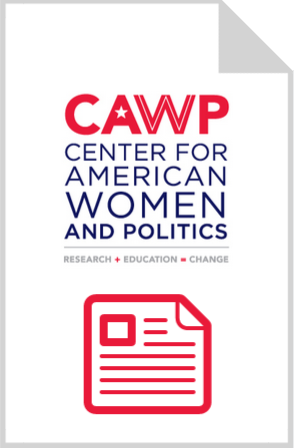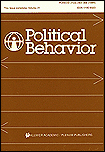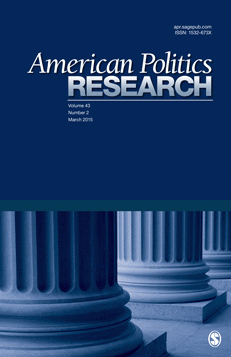Women of Color in Elective Office 2003
Fact SheetGender and Race/EthnicityState LegislatureLocalStatewide ExecutiveCongress2003 Election: Women Candidates for Statewide and State Legislative Office
Fact SheetElection WatchCandidates and CampaignsState LegislatureStatewide ExecutiveWomen in State Legislatures 2003
Fact Sheet ArchiveFact SheetState LegislatureStatewide Elective Executive Women 2003
Fact SheetFact Sheet ArchiveStatewide ExecutiveWomen in the U.S. Senate 2003
Fact SheetFact Sheet ArchiveCongressWomen Candidates for State Legislative and Statewide Executive Office 2003
Fact SheetElection WatchState LegislatureStatewide ExecutiveSummary of Election Results for Women Candidates for State Legislatures and State Executive Office in 2003
Fact SheetElection WatchState LegislatureStatewide ExecutiveGender-Related Political Knowledge and the Descriptive Representation of Women
by Kira Sanbonmatsu
Political Behavior, 2003 (December)ArticleResearchCAWP ScholarCivic and Political ActivismCandidates and CampaignsCongressSummary of Numbers of Women Running for State Legislative and State Executive Office in 2003
Fact SheetElection WatchState LegislatureStatewide Executive"Political Knowledge and Gender Stereotypes"
by Kira Sanbonmatsu
American Politics Research, 2003 (November)ArticleResearchCAWP ScholarCandidates and CampaignsWomen Voters and the Gender Gap
Research and Scholarship
CAWP research and research by CAWP scholars that addresses emerging questions about American women's political participation.




